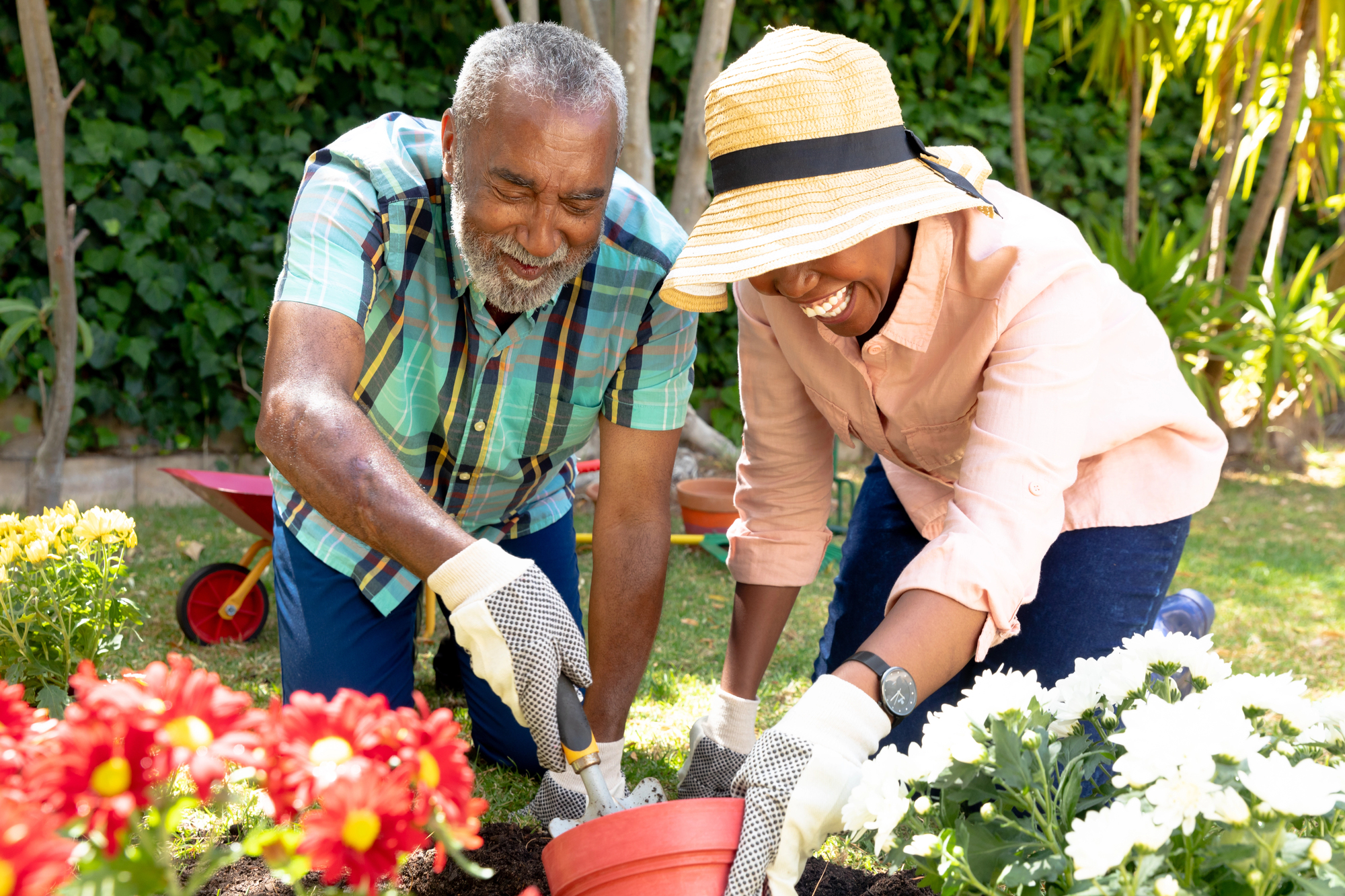Retirement and later life offer the perfect opportunity to explore new interests or return to long-forgotten passions. Far from being a time of slowing down, the senior years can be a vibrant chapter filled with meaningful hobbies that nourish the mind, body, and spirit. Engaging in hobbies not only provides enjoyment but also contributes to physical health, mental sharpness, emotional well-being, and social connection. There are countless hobbies well-suited for seniors, whether they prefer solo activities or group interactions, indoors or outdoors.
One popular hobby among seniors is gardening. Whether tending to a small balcony planter, cultivating a backyard vegetable patch, or participating in a community garden, gardening offers physical activity, stress relief, and a sense of accomplishment. Research shows that spending time in nature can lower blood pressure, improve mood, and boost overall health. Gardening also provides opportunities for continuous learning as seniors experiment with different plants, techniques, and layouts. For those with mobility challenges, raised beds, container gardening, or vertical gardens can make the hobby more accessible.
Another rewarding hobby is arts and crafts. Activities such as painting, drawing, knitting, quilting, pottery, and woodworking allow seniors to express their creativity and make beautiful, useful items. Crafting can enhance fine motor skills and provide a therapeutic outlet for emotions. Many local community centers, senior centers, or libraries offer workshops and classes where older adults can learn new skills and socialize with others who share similar interests. Completing a creative project brings a sense of pride and fulfillment that can boost self-esteem and well-being.
For seniors who enjoy intellectual stimulation, reading and writing are timeless hobbies. Joining a book club provides both a literary outlet and an opportunity to engage in meaningful discussions with peers. Writing memoirs, poetry, or even short stories allows seniors to reflect on their life experiences and share wisdom with others. Some seniors enjoy contributing articles or essays to local newsletters or online platforms. These activities keep the mind sharp, improve memory, and encourage lifelong learning.
Physical hobbies are vital for maintaining strength, flexibility, and balance as we age. Many seniors find joy in low-impact exercises such as swimming, yoga, tai chi, or walking groups. Chair yoga and gentle stretching are ideal for those with mobility limitations. Dance classes, from ballroom to line dancing, combine physical activity with music and social interaction. Staying active not only supports cardiovascular health and joint mobility but also reduces the risk of falls and chronic diseases.
For seniors with a love of music, learning to play an instrument or joining a choir can be an incredibly fulfilling hobby. Musical activities stimulate different areas of the brain and can improve memory, coordination, and emotional expression. Community choirs and music groups often welcome older adults of all skill levels, providing a fun and supportive environment. Even listening to music regularly can enhance mood and provide comfort.
Volunteering is another meaningful hobby that allows seniors to give back to their communities while staying engaged and active. Many organizations seek volunteers to help with mentoring, tutoring, hospital support, animal care, or charity events. Volunteering provides a sense of purpose, fosters social connections, and contributes to overall happiness and well-being. Seniors who enjoy helping others often find that volunteering fills their days with rewarding experiences and lasting friendships.
Travel, whether near or far, is a hobby that broadens horizons and creates lasting memories. Many seniors enjoy joining travel clubs or participating in guided tours designed specifically for older adults. Day trips to museums, botanical gardens, historical sites, or nearby towns can be enjoyable without requiring extensive planning or long-distance travel. For more adventurous seniors, cruises and international tours offer opportunities to explore new cultures while enjoying senior-friendly amenities.
Puzzle-solving and games are hobbies that promote mental agility and problem-solving skills. Crosswords, Sudoku, jigsaw puzzles, chess, and card games are enjoyable ways to challenge the brain while providing entertainment. Many seniors enjoy playing bridge, mahjong, or bingo in social settings, which combines cognitive benefits with community interaction. These games help maintain cognitive function and may even reduce the risk of cognitive decline.
Technology-based hobbies are increasingly popular among today’s seniors. Learning to use a computer, tablet, or smartphone opens the door to activities such as digital photography, online classes, video chats with family, and virtual travel experiences. Seniors can join online communities centered around their interests or even start their own blogs or YouTube channels to share their knowledge and stories. Embracing technology can help older adults stay connected, informed, and empowered in the digital world.
Hobbies for seniors are more than just pastimes—they are essential tools for living a fulfilling, healthy, and connected life. Whether through creative pursuits, physical activities, intellectual challenges, or social engagement, hobbies enrich the senior years with joy, purpose, and vitality. By exploring new interests or revisiting cherished ones, seniors can continue to grow, contribute, and thrive well into their later years. The key is finding activities that align with personal passions and abilities, creating a lifestyle filled with meaning, enjoyment, and lifelong learning.


